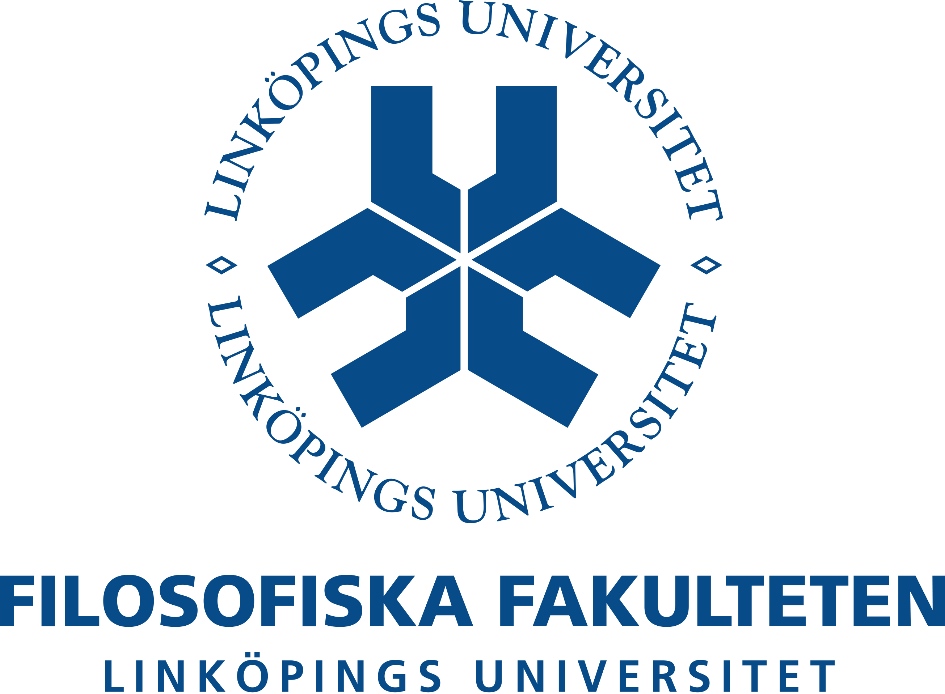
|
Visa engelsk kursplan |
|
Kurskategori Singel Subject Course Huvudområde Övriga ämnen - ÖÄA Ämnesområde |
Kurskod | HINX14 |
This part of the course deals with the question of "European Identity" . Does it exist, how did it develop, what is the role played by geographical conditions, economy, religion, tradition, culture and politics? A guiding thought is that the history of Europe can be seen as a constantly changing system of networks that enables people to exchange ideas, trade, and culture. An important question is what can unite and what can split people in Europe? The concepts of internationalism and nationalism are also discussed.
European Democratic Culture, 5 points
In this part of the course historical and contemporary notions of European and national citizenship are examined. A bearing thought is that even though the idea of democracy by no means has been universally accepted or taken for granted in Europe, the development of a democratic culture has played a central role in European politics since the French Revolution. Even today the question of democratic forms for European governance are central to many political controversies. The ideas and practice of democracy are discussed, as well the enemies of democracy and the ambitions of democratic parties in Europe.
Contemporary European Institutions, 5 points
This part of the course presents the development of the European integration process from the creation of the European Coal and Steel Community in 1957 to the creation of the European Community, with an emphasis on the present situation. Major institutions and political actors such as the Commission, the Council of Ministers, The European Council, The European Parliament and the European Court of Justice, and other institutions and actors, both formal and non-formal, are treated. Special emphasis is placed on the policy process in general and specific policy areas as well as national influences and controls on the European Union processes.
Europe in the World, 5 points
This part of the course deals with the relations between Europe (and the European Union) and the rest of the world. The aim of the course is to provide an overview and understanding of Europe’s role in the world, past and present. European nations have influenced other nations and peoples as a result of political and economic relations and through the organisation of the diplomatic system. The course covers topics, such as, nationalism, colonialism and imperialism, the organisation of international political, diplomatic and economic relations.
Studerande som underkänts två gånger på kursen eller del av kursen har rätt att begära en annan examinator vid förnyat examinationstillfälle.
Den som godkänts i prov får ej delta i förnyat prov för högre betyg.
To be eligible to the course the student must fulfil the general and specific entrance requirements stipulated in the syllabus by the Faculty Board. The specific requirements are: at least one years full-time study in relevant subjects, e.g. Politics, Economics, Law, History, Geography and a documented knowledge of English.
Kursen bedrivs på ett sådant sätt att både mäns och kvinnors erfarenhet och kunskaper synliggörs och utvecklas.
|
||||||||||||||||||||||||||||||||||||||||||||||||||||||||||||||||||||||||||||||